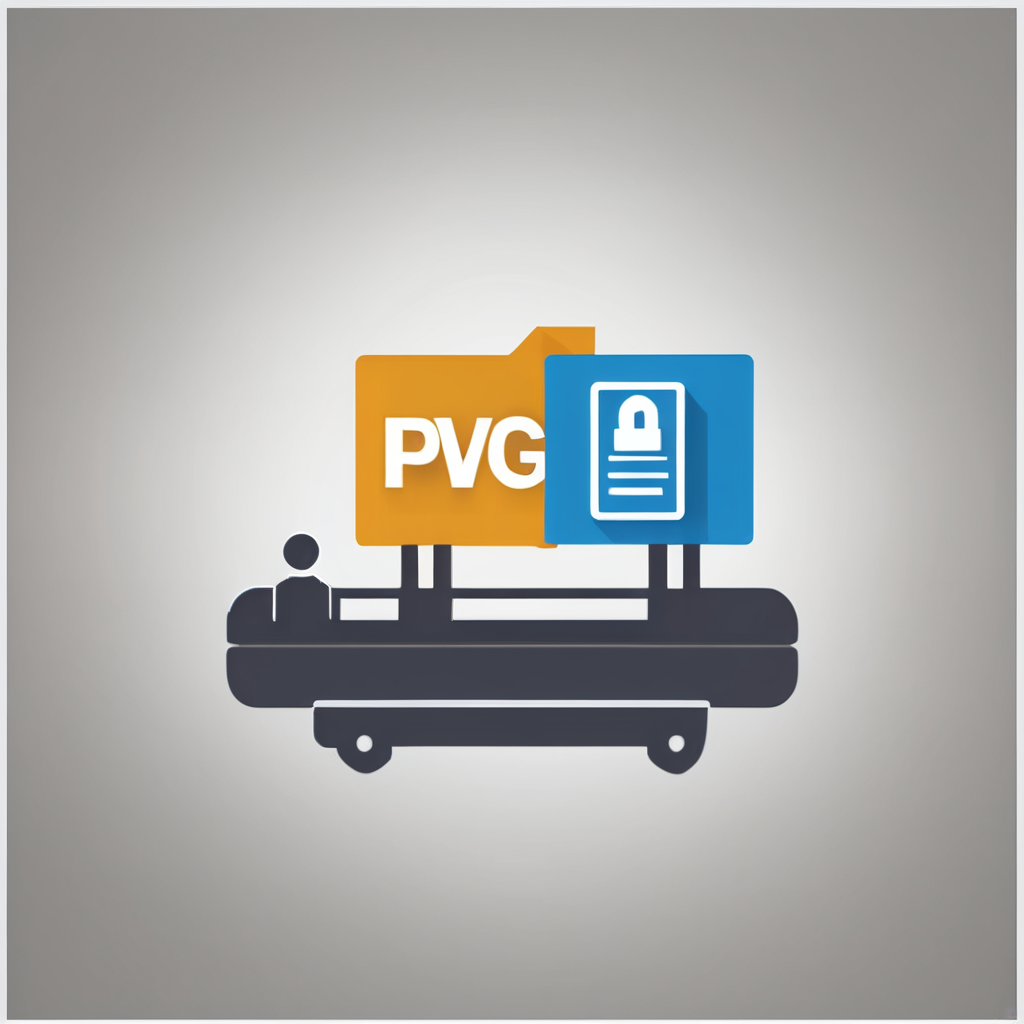Immediate actions for businesses in response to recent UK employment law changes
Understanding urgent compliance needs
In 2024, UK employment law updates introduce critical changes businesses must address immediately to remain compliant. These include revisions related to workplace equality, whistleblowing procedures, and updated employee rights concerning flexible working. Ignoring these updates risks legal repercussions and damages to reputation.
In the same genre : Navigating uk business laws: essential legal frameworks every entrepreneur should know
To ensure business compliance, companies should first conduct a thorough review of current policies against the new legal requirements. Updating contracts, training HR teams on revised obligations, and enhancing employee communication channels are vital steps. Additionally, implementing transparent grievance and whistleblowing procedures meets the heightened legal standards.
Businesses must prioritise specific legal obligations like adjusting pay transparency reports and ensuring all staff understand their amended rights regarding flexible hours and discrimination protections. Failure to adhere to these changes can lead to significant penalties, including fines, litigation costs, and enforcement notices. Non-compliance risks not only financial loss but also operational disruptions and a decline in employee trust.
Have you seen this : Is your business ready to tackle upcoming legal challenges? optimize your strategy now!
Acting swiftly on these UK employment law updates safeguards companies against risks, upholds workplace fairness, and fosters a positive organisational culture in line with evolving legal frameworks.
Key updates in UK employment law impacting employers
Understanding recent legal shifts and their implications
The employment law changes 2024 usher in important adjustments that employers must promptly integrate into their HR practices. Notably, employee rights have been expanded, reinforcing protections that affect workplace policies directly. For example, revised regulations now enhance safeguards against unfair dismissal and strengthen whistleblower protections, obliging employers to review their disciplinary and grievance procedures to ensure compliance.
Minimum wage alterations also feature prominently. The national living wage has increased, requiring employers to update payroll systems and contracts accordingly to meet these standards. Additionally, working hours regulations have been refined, emphasizing clearer guidelines on flexible working requests and rest breaks. This mandates employers to revisit scheduling systems and ensure transparent communication about hours and overtime.
Discrimination and equal opportunity requirements have been updated to cover wider grounds, including new protected characteristics and reinforced obligations to prevent harassment. Employers are now accountable for proactive diversity measures and must provide regular training to staff. A failure to comply with these evolving standards could lead to legal challenges, making it essential to adapt HR policies without delay.
Practical implications and compliance strategies
Navigating HR compliance demands regular revision of workplace policies and employment contracts to align with evolving regulations. Companies must scrutinize and update employee handbooks, ensuring clarity on rights, responsibilities, and behavioral expectations. Clear, compliant policies minimize legal risks and foster a respectful work environment.
Adaptation extends to recruitment, onboarding, and termination procedures. Recruitment should include fair hiring practices, avoiding discriminatory language or criteria, which is critical for lawful compliance. Onboarding processes must educate new hires about company policies and legal rights, establishing firm compliance foundations. Termination procedures require strict adherence to contractual terms and labor laws to prevent disputes.
Ongoing legal training for HR teams is essential. Training keeps teams informed about legislative changes, helping them apply updated regulations confidently. It also reinforces best practices, reducing inadvertent compliance breaches.
Incorporating these strategies establishes a culture of compliance. Firms that commit to continuous improvement in policies, procedures, and education can better manage employment risks, protect employee rights, and maintain organizational integrity. This proactive approach is a cornerstone for sustainable HR management.
Case studies and real-world examples of recent changes in action
Exploring employment law case studies reveals how recent tribunal decisions clarify the application of new regulations. For instance, several rulings have emphasized employers’ responsibilities to update contracts reflecting flexible working arrangements. These examples highlight that businesses must proactively amend their policies to avoid costly disputes.
A notable case involved a mid-sized company that failed to accommodate remote work requests, resulting in a tribunal decision against them due to inadequate workplace policy updates. This underscores the importance of regularly reviewing business policy examples to align with evolving employment laws.
Real-world compliance challenges often stem from misunderstandings or delayed implementation of legal requirements. One global firm faced penalties for inconsistently applying wage transparency rules across departments. Learning from such experiences helps companies mitigate risks by ensuring policies are uniformly enforced and clearly communicated.
Businesses that integrate these lessons into their frameworks demonstrate resilience and a commitment to fair employment practices. Maintaining up-to-date compliance is not only a legal safeguard but also fosters trust and boosts employee morale. By studying these cases, employers can better navigate the complexities of employment law and develop robust policies that stand up to scrutiny.
Risk mitigation and forward planning for employers
Effective risk mitigation begins with identifying high-risk areas where non-compliance could lead to significant legal consequences. Employers should conduct thorough audits to pinpoint gaps in policies, training, or documentation that could expose them to penalties or disputes. This targeted approach ensures resources focus on the most vulnerable points.
Building a compliance roadmap is essential for proactive planning. This roadmap should accommodate anticipated regulatory changes and evolving industry standards, providing a structured timeline for regular reviews and updates. Such forward planning prevents costly last-minute adjustments and fosters a culture of compliance within the organization.
Engaging expert legal support is highly recommended. Specialists in legal risk management can offer tailored advice, interpret complex regulations, and assist in drafting policies that align with current laws. Their expertise reduces uncertainty and supports informed decision-making, enabling employers to stay ahead of compliance challenges rather than react to them.
In summary, combining precise risk assessment, structured compliance planning, and specialist guidance creates a robust framework for employers to minimize legal risks effectively and maintain long-term operational integrity.
Additional resources and professional guidance
Navigating employment law resources effectively requires tapping into authoritative sources. Government websites such as the Department of Labor offer comprehensive, up-to-date legal information on workplace regulations. For more tailored questions, consulting legal aid organizations or HR consultancies can provide specialized HR support and clarify complex issues.
Knowing when to seek legal advice is crucial. If disputes arise, such as wrongful termination or discrimination claims, early consultation with an employment law professional helps mitigate risks and ensures compliance with current legislation. These experts provide clarity on rights, obligations, and effective resolution strategies that protect both employees and employers.
Since employment laws evolve frequently, staying informed through ongoing education is necessary. Subscribing to legal updates or joining industry HR networks enables businesses to adapt proactively, avoiding penalties and fostering a lawful, positive work environment. Employers are encouraged to maintain close contact with legal advisors to implement changes smoothly and maintain compliance.
By blending official employment law resources with professional guidance, organizations can confidently handle challenges and make informed decisions, benefiting employees and operations alike.








